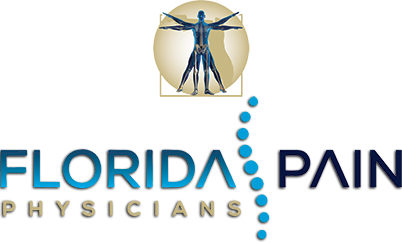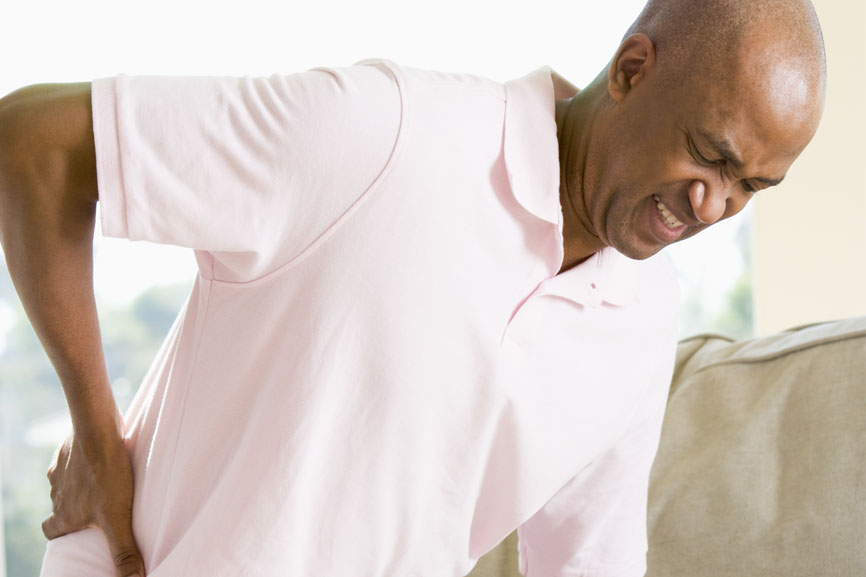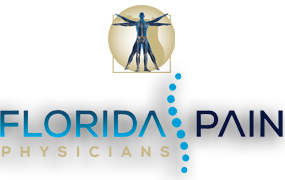Life with neuropathy can be challenging, but it doesn’t have to be unfulfilling. Many people manage their symptoms well enough that there is little to no interference with their daily activities. The following are some simple tips you can utilize alongside undergoing neuropathy treatment in Jacksonville, FL.
Eat Well: Good nutrition can yield improvements for nearly any medical condition, and neuropathy is no different. Reduce your fat intake while increasing the amount of vegetables, fruits, and whole grains in your diet. Drink alcohol only in moderation.
Follow an Exercise Routine: While you’ll need to avoid any activities that cause pain, a healthy exercise routine is crucial for neuropathy treatment. Talk to your doctor to determine the best ways for you to get moving without aggravating your condition.
Set Priorities: When chronic pain is sapping your energy, it’s challenging to get even basic chore and errands accomplished. That’s why it’s important to plan ahead and set priorities for your tasks. Determine what must be done immediately, what can wait until later, and what can be delegated to someone else.
Embrace Massage: Many people with neuropathy swear by the therapeutic benefits of massage. It’s natural and noninvasive, and it helps with both increasing circulation and relieving pain. Even amateur and self-massage can be helpful for neuropathy treatment.











